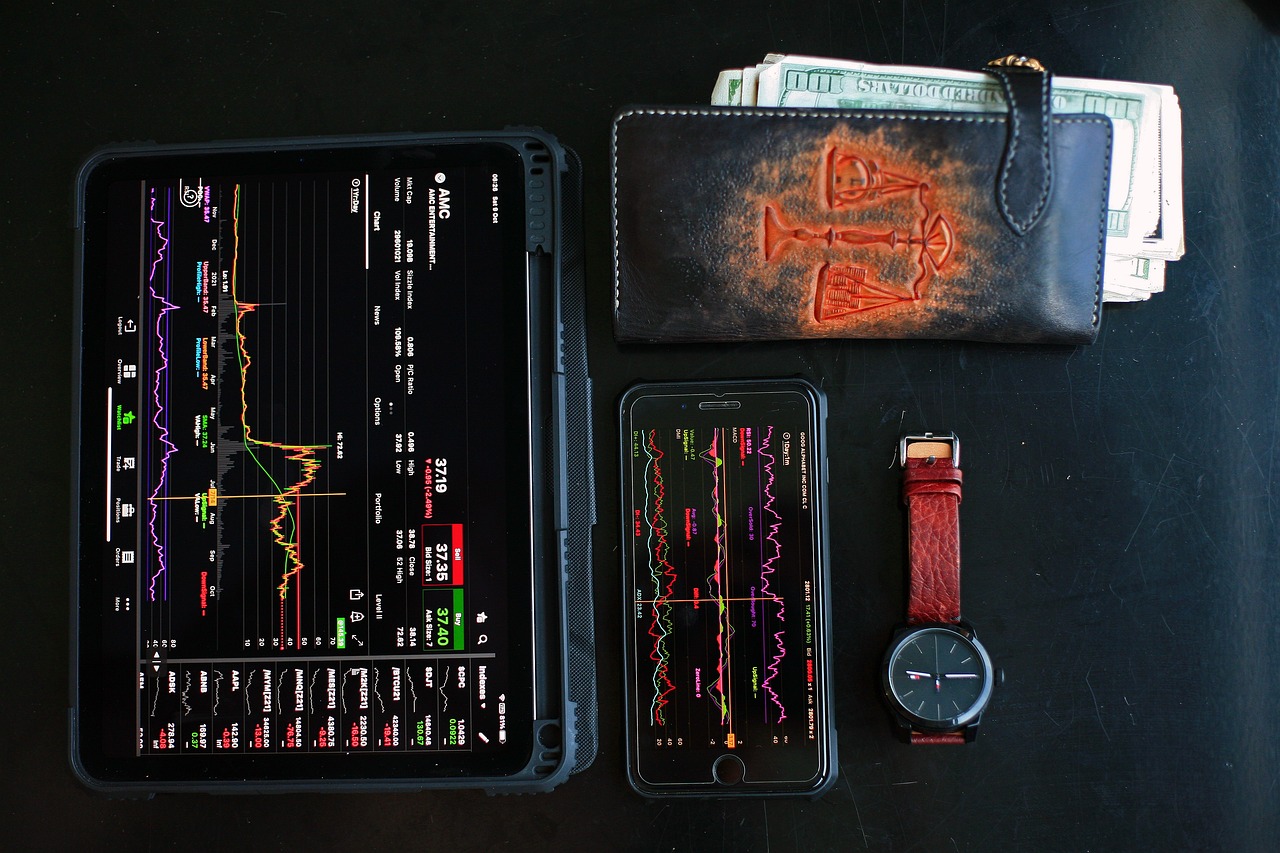Secure Crypto Wallet

Secure Crypto Wallet: A Comprehensive Guide for Safe and Easy Digital Transactions
- Introduction
- What is a Crypto Wallet?
- Types of Crypto Wallets
- Choosing the Right Crypto Wallet
- Best Practices for Secure Crypto Wallet Usage
- Tips for Protecting Your Crypto Wallet
- Common Mistakes to Avoid
- Recovering Your Crypto Wallet
Crypto wallets have become an essential tool for anyone interested in cryptocurrency. In this article, we will explore what a crypto wallet is, the different types available, how to choose the right one, and best practices for secure usage. Whether you’re a beginner or an experienced investor, this comprehensive guide will provide you with the knowledge you need to protect your digital assets. So let’s dive in!
What is a Crypto Wallet?
A crypto wallet is a digital tool that allows you to securely store and manage your cryptocurrencies. It functions similarly to a physical wallet that holds your cash and cards, but instead, it stores your digital assets. With a crypto wallet, you can send, receive, and track your cryptocurrency transactions with ease.
Types of Crypto Wallets
There are several types of crypto wallets available, each with its own unique features and security levels:
- Hardware Wallets: These wallets store your cryptocurrency offline on a physical device, offering the highest level of security.
- Desktop Wallets: Installed on your computer, these wallets allow you to manage your cryptocurrencies directly from your desktop.
- Mobile Wallets: These wallets are designed for use on smartphones and offer convenience and easy accessibility.
- Web Wallets: Also known as online wallets, these wallets are accessible through web browsers and are convenient for quick transactions.
How to Choose the Right Crypto Wallet
When selecting a crypto wallet, consider the following factors:
- Security: Look for wallets with strong encryption and multiple layers of security.
- Compatibility: Ensure that the wallet is compatible with the cryptocurrencies you want to store.
- User-Friendliness: Choose a wallet with an intuitive interface that suits your skill level.
- Backup and Recovery Options: Opt for a wallet that offers backup and recovery features to protect against data loss.
Best Practices for Secure Crypto Wallet Usage
To ensure the security of your crypto wallet, follow these best practices:
- Create a strong and unique password for your wallet.
- Enable multi-factor authentication for an added layer of security.
- Regularly update your wallet software to benefit from the latest security patches.
- Store a backup of your wallet’s recovery seed phrase in a secure location.
- Be cautious of phishing attempts and only download wallet software from trusted sources.
- Use hardware wallets for your long-term holdings.
Tips for Protecting Your Crypto Wallet
Here are some additional tips to protect your crypto wallet:
- Use a separate email address for your crypto-related accounts.
- Be cautious of sharing too much information about your crypto holdings online.
- Regularly monitor your wallet for any suspicious activity.
- Consider using a VPN when accessing your wallet from public Wi-Fi networks.
- Keep your operating system and antivirus software up to date to prevent malware attacks.
- Consider using a cold storage wallet for long-term storage of large cryptocurrency holdings.
Common Mistakes to Avoid
When using a crypto wallet, it’s important to avoid these common mistakes:
- Using a weak password that is easy to guess.
- Keeping your wallet software outdated, leaving it vulnerable to attacks.
- Storing your recovery seed phrase digitally, making it susceptible to hacking.
- Clicking on suspicious links or downloading unknown wallet software.
- Sharing your wallet’s private keys or recovery phrases with others.
- Ignoring security warnings or notifications from your wallet provider.
Recovering Your Crypto Wallet
If you lose access to your crypto wallet, there are recovery options available:
- Hardware wallets usually come with backup options, such as recovery seed phrases or additional security measures.
- If you have a registered account with a reputable wallet provider, they may offer account recovery options.
- It’s essential to keep your recovery seed phrase or private keys safe and accessible in case of emergencies.
For more detailed information on crypto wallets and how to keep your digital assets safe, we recommend visiting www.reliablecryptowallets.com. They provide comprehensive guides and reviews of various crypto wallets, helping you make an informed choice based on your needs.
Frequently Asked Questions – Crypto Wallets
Q1: Can I have multiple crypto wallets?
A1: Yes, you can have multiple crypto wallets to manage different cryptocurrencies or to enhance security by using a combination of hardware and software wallets.
Q2: What should I do if I forget my wallet’s password?
A2: If you forget your wallet’s password, you may be able to recover it using the wallet’s recovery options, such as a recovery seed phrase or a password reset feature. If all else fails, reaching out to the wallet provider’s support team might help.
Q3: Are online wallets safe?
A3: Online wallets can be secure if you choose reputable providers and follow recommended security practices. However, they may be more vulnerable to hacking compared to hardware wallets.
Q4: Can I store all types of cryptocurrencies in one wallet?
A4: It depends on the wallet’s compatibility. Some wallets support multiple cryptocurrencies, while others only support specific ones. Make sure to choose a wallet that supports the cryptocurrencies you want to store.
Q5: How often should I backup my crypto wallet?
A5: It is recommended to backup your crypto wallet whenever you make significant changes or transactions. Additionally, regularly backing up your wallet will ensure you have a recent copy in case of data loss or device failure.





